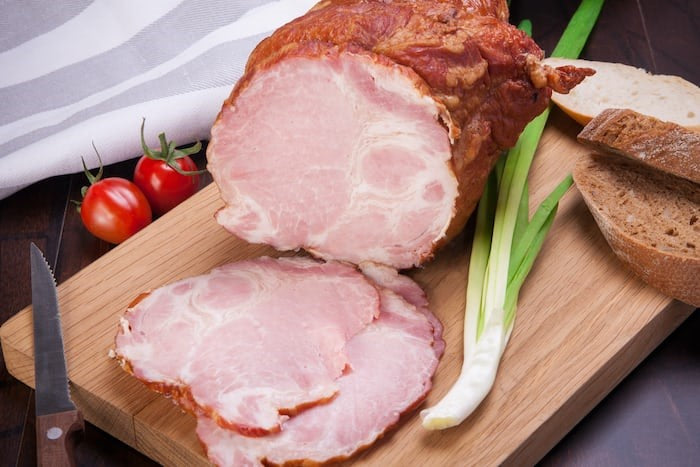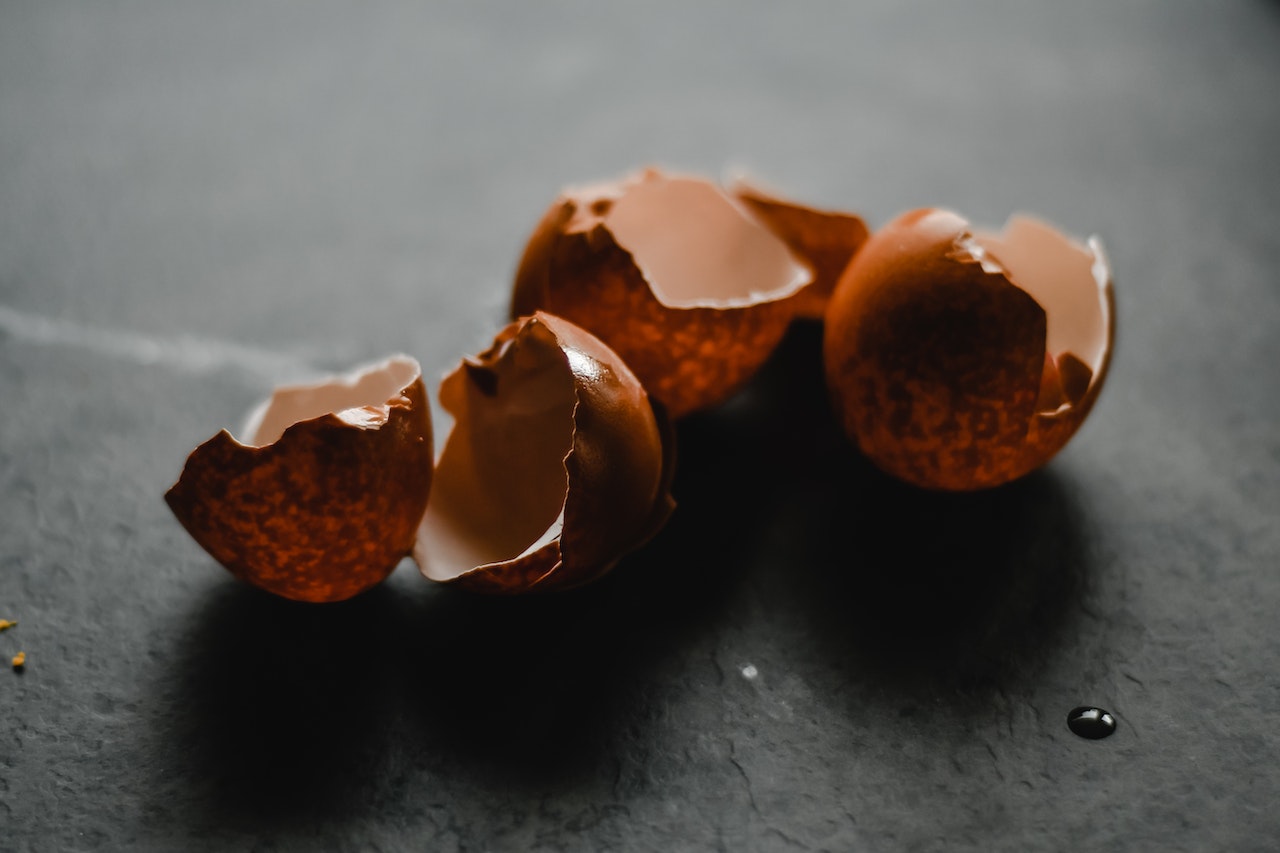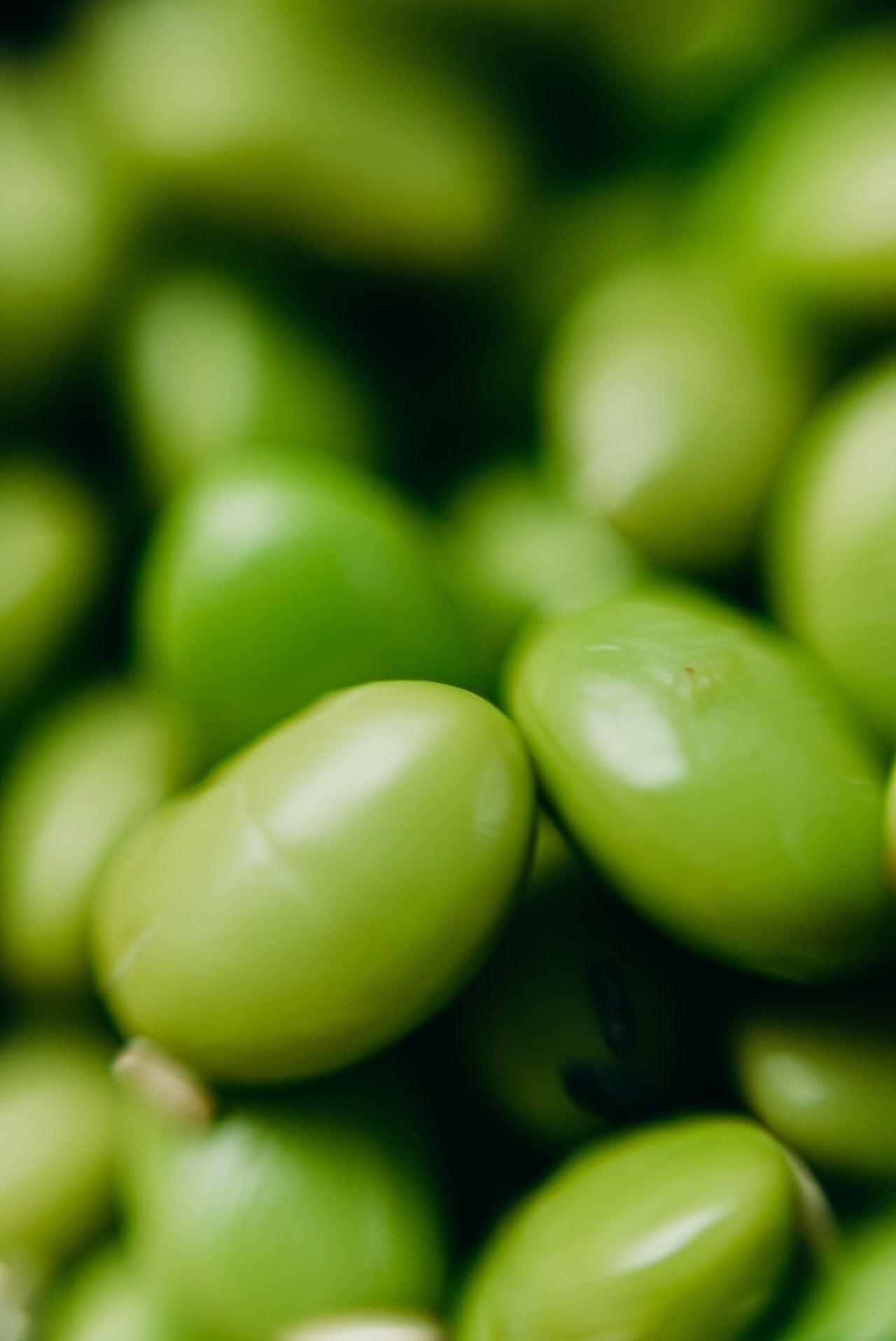
Can Pigs Eat Garlic?
Pigs are the type of animal that won’t give much hesitation when it comes to eating. So it’s very important for you as pig owners to provide them with the necessary foods they need to thrive. These food choices should also be beneficial and nutritious to them.
Garlic (Allium sativum) can botanically be categorized as a vegetable. They are related to onions, chives, and leeks. They have been in the culinary world for as long as we can remember. They have also been useful in traditional treatment because of their wide range of benefits.
With all the amazing benefits and purposes of garlic, are they safe for pigs to consume?
In this article, you’ll find out if you should feed this vegetable to your pigs and how it can influence their overall health and meat quality. If this is something you are interested in, then keep reading.
Let’s start with the short answer to the question: Can Pigs Eat Garlic?
Yes, pigs can eat garlic; this is an excellent source of vitamins and nutrients for humans and animals. You can mix it up with any food that your pigs like or feed it to them as a whole if they won't mind. However, keep in mind that overfeeding garlic to your pigs can change the taste of their meat, especially when feeding a few months before butchering. So, whatever method you choose to feed them, do so in moderation.
Also, pigs require a balanced diet to thrive; only use the garlic as a treat or when you’re looking to change the flavor of the pig's meat before butchering. Some pig owners do not recommend it because they believe it might negatively change the flavor of the pig's meat.
But it’s up to you to decide; I am only here to tell you that garlic is not dangerous when used in moderation.

Benefits of Garlic for Pigs?
Garlic is no doubt a great vegetable for pigs; it can provide the following nutrients:
Fiber
By now, you should know that dietary fibers possess a lot of power. Fiber would help aid a better bowel movement in your pigs as well as soften their feces. Fibers generally help to enhance the condition of the gastrointestinal tract.
Vitamins
Garlic won't be done without supplying your pigs with several vitamins. They would supply your pigs with vitamins like Vitamin C, vitamin B2 and so on.
Vitamin C serves as an antioxidant that would help protect the cells against the effects of free radicals. Free radicals are harmful molecules produced when the body breaks down food or is exposed to smoke and radiation from the sun, X-rays, and other sources. Free radicals might sometimes be a cause of heart disease, cancer, and other diseases.
Vitamin B2 on the other hand helps to break down proteins, fats, and carbohydrates. It plays a vital role in maintaining the energy supply of the body. Vitamin B2 is also known as Riboflavin. Riboflavin Helps convert carbohydrates into adenosine triphosphate (ATP)which produces energy as the body requires it.
Thus, your pig requires a vitamin B2 supply to be at its best.
Minerals
selenium
Selenium supplements offer several benefits, including boosting immune function by acting as a powerful antioxidant, also, improving hair and nail health. Selenium would generally help improve your pig's appearance.
Manganese
Manganese is known to help the body form some connective tissue, bones, blood clotting factors, and sex hormones. It also plays a role in fat and carbohydrate metabolism and calcium absorption. Coupled with all that Manganese is also necessary for normal brain and nerve function in your pig.
Potassium
Potassium is necessary for the normal functioning of all cells as It regulates the heartbeat, and ensures the er function of the muscles and nerves. It is also vital for synthesizing protein and metabolizing carbohydrates.
Calcium
Your pig needs calcium to build and maintain strong bones. Your heart, muscles as well as nerves need calcium to function properly. The quantity of this mineral might not be a lot, but it does add up.
Other minerals that can be benefited from garlic include iron phosphorus, and a lot more.
Garlic has a low amount of calories;
It is no surprise that garlic has a low amount of calories. A clove of garlic provides almost no calories. This is good for your pigs because they can safely eat garlic without adding excess weight.
Garlic contains other types of nutrients that cannot all be mentioned here, and this is what’s great about it; you can even say that it contains a bit of everything your pigs need. As you can see, implementing it into your pig's diet will be beneficial to them as it does a lot of good.
Can Garlic be Used to Deworm Pig?
Yes, garlic can serve as a good way to deworm your pigs. This is a common traditional practice. However, it should be used with precaution and ensure never to overdo it.
Other alternatives for deworming also include rosemary, which can be more affordable and easy to grow.
I recommend talking with the veterinarian as he might have a better recommendation for your particular case.

Can Pigs Eat Garlic Bread?
Yes, most pigs that like garlic would most certainly love to eat garlic bread.
On the good side Bread is also a great and affordable option to use when feeding your pigs.
Can Potbelly Pigs Eat Garlic?
Potbelly pigs are somewhat treated differently, but like other pig breeds, they have a similar diet, so yes, they can also eat garlic as long as it is in moderation as you won’t want to overfeed garlic to your potbelly pigs.
Can Mini Pigs Eat Garlic?
Yes, mini pigs can also eat garlic without you having to worry. As previously mentioned, this is a great source of nutrients, and whether you have a mini pig or a potbelly pig, garlic can be a good option for them.
But it’s important to only use it as a treat and never try force-feeding especially if you do not like them.
Conclusion: Can Pigs Eat Garlic?
Yes, pigs can eat garlic. It is a vegetable with a great source of vitamins and nutrients, and it also has medicinal properties that will benefit the overall health of your pigs.
If you’re looking to improve the meat quality of your pig by feeding them garlic, you will have to start feeding them large amounts of garlic 5 months before butchering, but this is not a guaranteed method.
Also, remember to try to make your pig diet as varietal as possible to ensure that they are gaining all essential nutrients. Also, keep in mind that grains and other necessary proteins and vegetables should be the priority when it comes to their diet.



